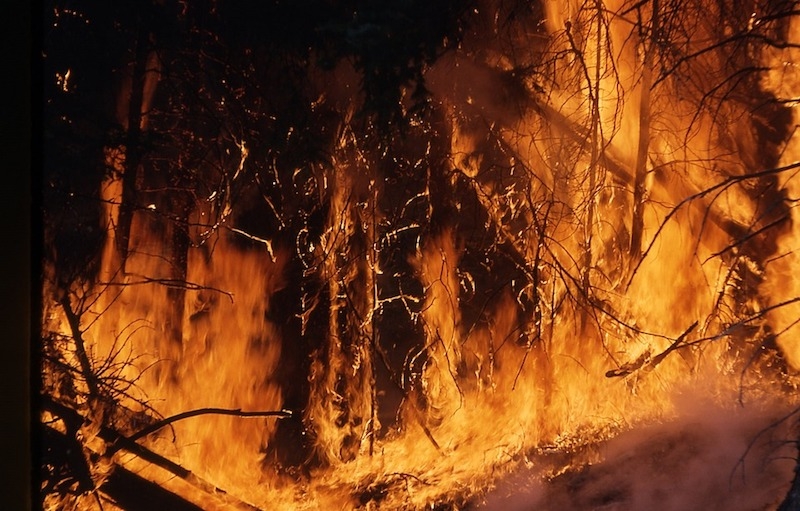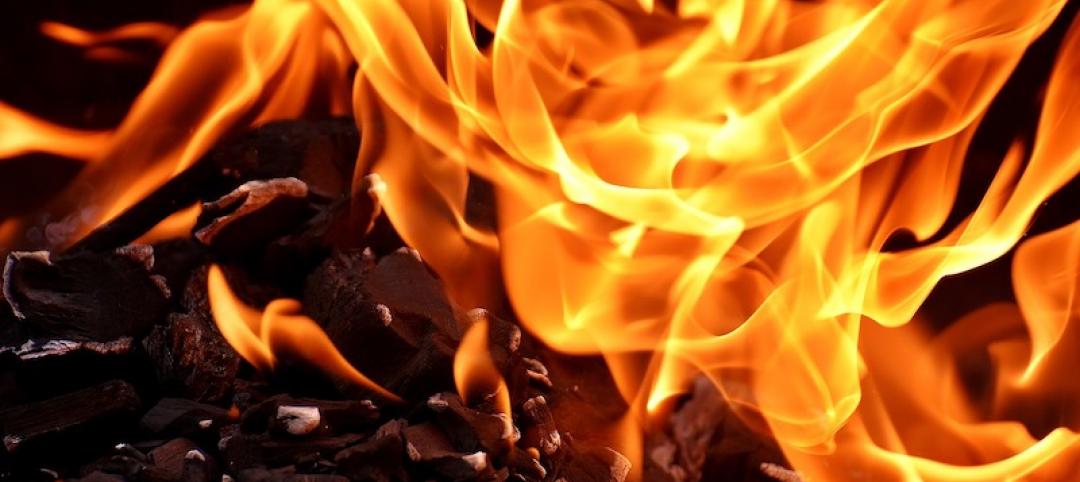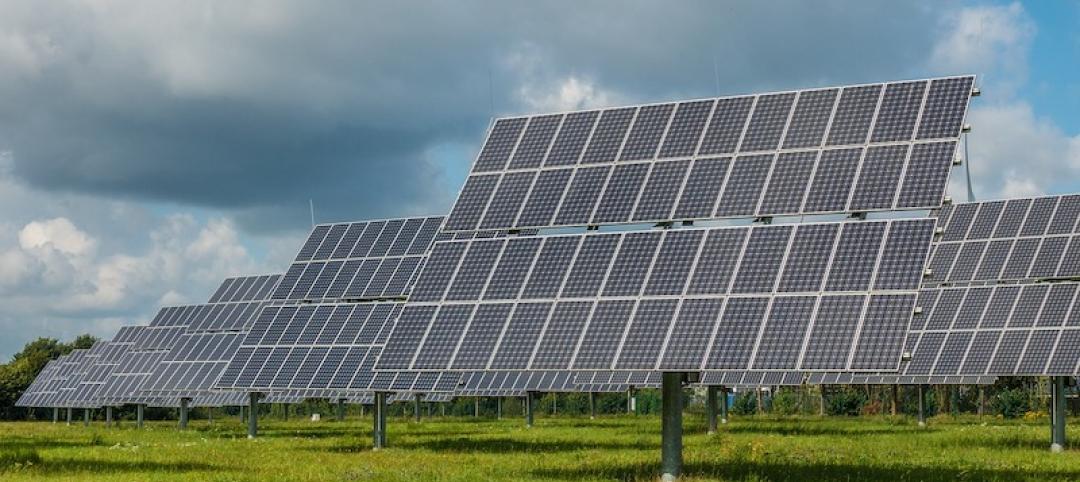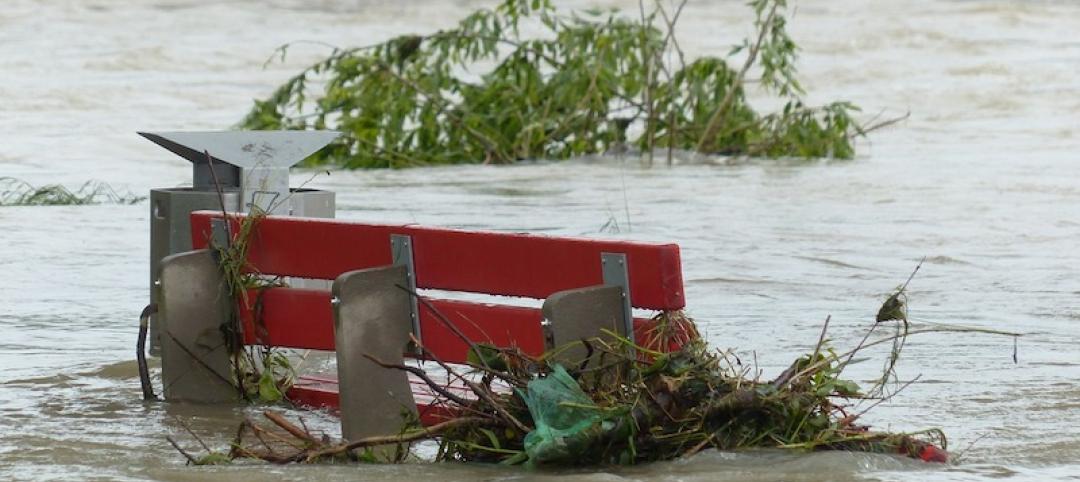The most effective way to reduce deaths and property destruction from California wildfires would be to stop building in fire-prone areas, and make structures that already exist in those areas more resilient.
It's a simple and sound strategy, but it would also be expensive and wildly unpopular. People want to live in the state's stunning wooded landscapes and making homes, businesses, and neighborhoods more fire-resistant could be hugely expensive.
Experts say as climate change causes more frequent and destructive blazes, anything less won’t make enough of a difference to prevent the devastating fires that have swept through the state in the past few weeks, though. California uses the most up-to-date version of model national codes, and doesn’t allow local governments to opt out of those codes.
New homes in places with the highest risk of wildfire get built with fire-resistant materials and construction techniques, but many older structures were not built to those standards. Furthermore, California’s aggressive wildfire codes don’t apply in neighborhoods that may appear safer on paper, but are increasingly affected as fires grow to the sizes that caused so much destruction recently.
Related Stories
Codes and Standards | Jan 28, 2021
Natl. Fire Protection Assn. releases new energy storage system fact sheet
Comes as Biden Administration prepares ambitious clean energy agenda.
Codes and Standards | Jan 27, 2021
AECOM sues insurance carrier for payment of COVID-19 property damage claims
Claims ‘all-risk policies’ should have included millions of dollars of losses due to virus.
Codes and Standards | Jan 26, 2021
Updated guide to repair and rehabilitate existing concrete structures published
Document assesses how to adhere to code requirements.
Codes and Standards | Jan 25, 2021
New guide for skylight selection, daylighting design released
Free Fenestration and Glazing Industry Alliance document now available.
Codes and Standards | Jan 21, 2021
California considers statewide ban on natural gas heat, hot water in new homes
Code update would take effect in 2023.
Codes and Standards | Jan 20, 2021
Steel industry, labor urge Biden to retain steel tariffs
‘Essential to ensuring the viability of the domestic steel industry.’
Codes and Standards | Jan 19, 2021
2021 Solar Investment Tax Credit will remain at 26%
Incentive was scheduled to be reduced to 22%.
Codes and Standards | Jan 19, 2021
Thomas Jefferson University launches the Institute for Smart and Healthy Cities
Will address climate change, social equity, rapid urbanization, and health.
Codes and Standards | Jan 14, 2021
Petition urges FEMA to update flood maps, set tougher standards for floodplain construction
Environmental and planning groups note soaring claims, flood insurance debt.
Codes and Standards | Jan 13, 2021
Proposed change to IECC process irks efficiency advocates
New procedure would diminish influence of local code officials.

















